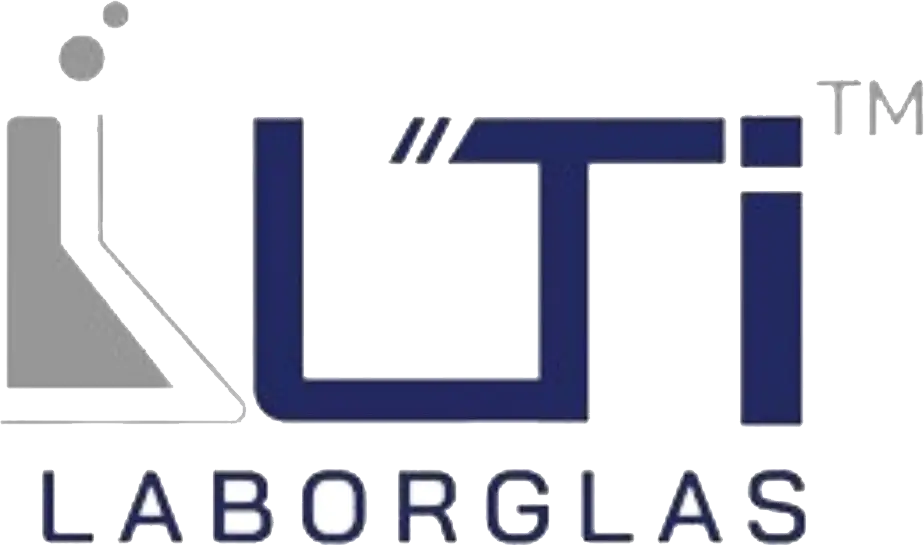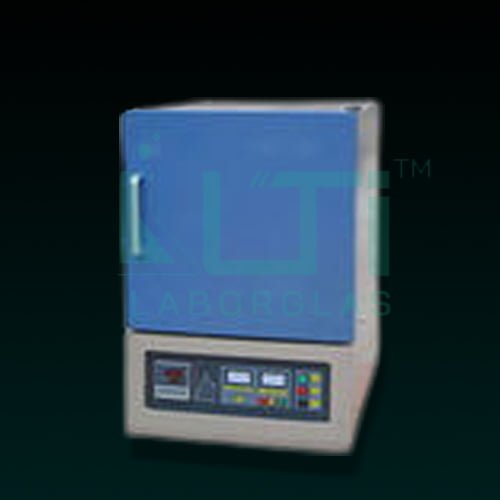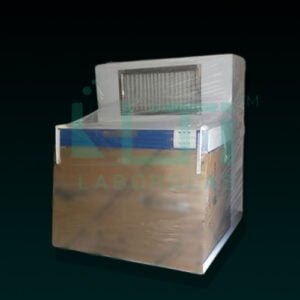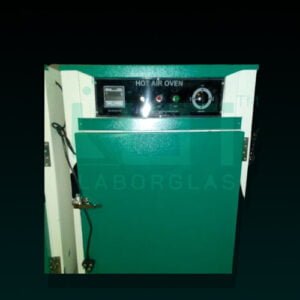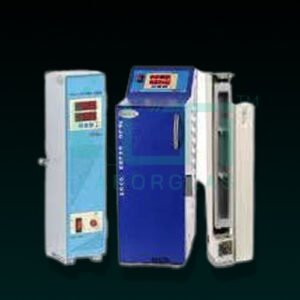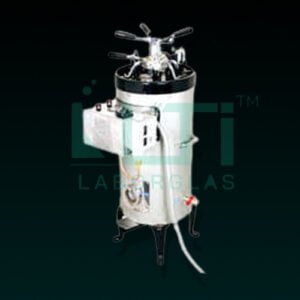Features:
- Muffle Furnace 1400 Degree C
- Specially designed to suit the requirement of various field like education, metallurgical magnets and material testing laboratory
- Housing made of heavy gauge M.S duly finished in epoxy powder coated shade
- High grade silica boards and layers of ceramic insulation provided to minimize the heat loss
- Silicon carbide heating elements provided in refractory type heating chamber for superb temperature I uniformity
- The temperature is being controlled by microprocessor based auto tuning temperature controller having digital indicator
- The control panel consist main temp. controller (SCR power controller) MCB, HRC fuse etc. and mounded at one side of the unit
- Optional programmable controller with thyristor for soft start
Technical Specifications:
| Part No. | Size chamber (LXWXD) | Heaters watts | Max.Temp. | Working temp. | Volts |
| 11940-A | 6”LX6”WX12”D | 4.0 K.W. | 1400 C | 1350 C | 230 Volts |
| 11940-B | 9”LX9”WX18”D | 6.0 K.W. | 1400 C | 1350 C | 440 Volts |
| 11940-C | 12”LX12”WX18”D | 17.0K.W. | 1400 C | 1350 C | 440 Volts |
A Muffle Furnace is commonly used for:
- High-Temperature Heat Treatment: Conducting heat treatment processes at elevated temperatures.
- Ashing: Burning off organic materials to leave behind ash.
- Sintering: Bonding particles in ceramics through controlled heating.
- Material Testing: Studying the behavior of materials under extreme heat conditions.
- Laboratory Experiments: Utilized in scientific research for controlled high-temperature studies.
- Quality Control: Ensuring consistent conditions for testing and analysis.
- Metallurgical Processes: Applied in metallurgy for various heat treatment applications.
- Industrial Manufacturing: Employed in industries for specific high-temperature processes.
- Annealing: Controlling the cooling of materials after heating.
- Ceramic and Glass Processing: Firing and shaping ceramic and glass materials at high temperatures.
